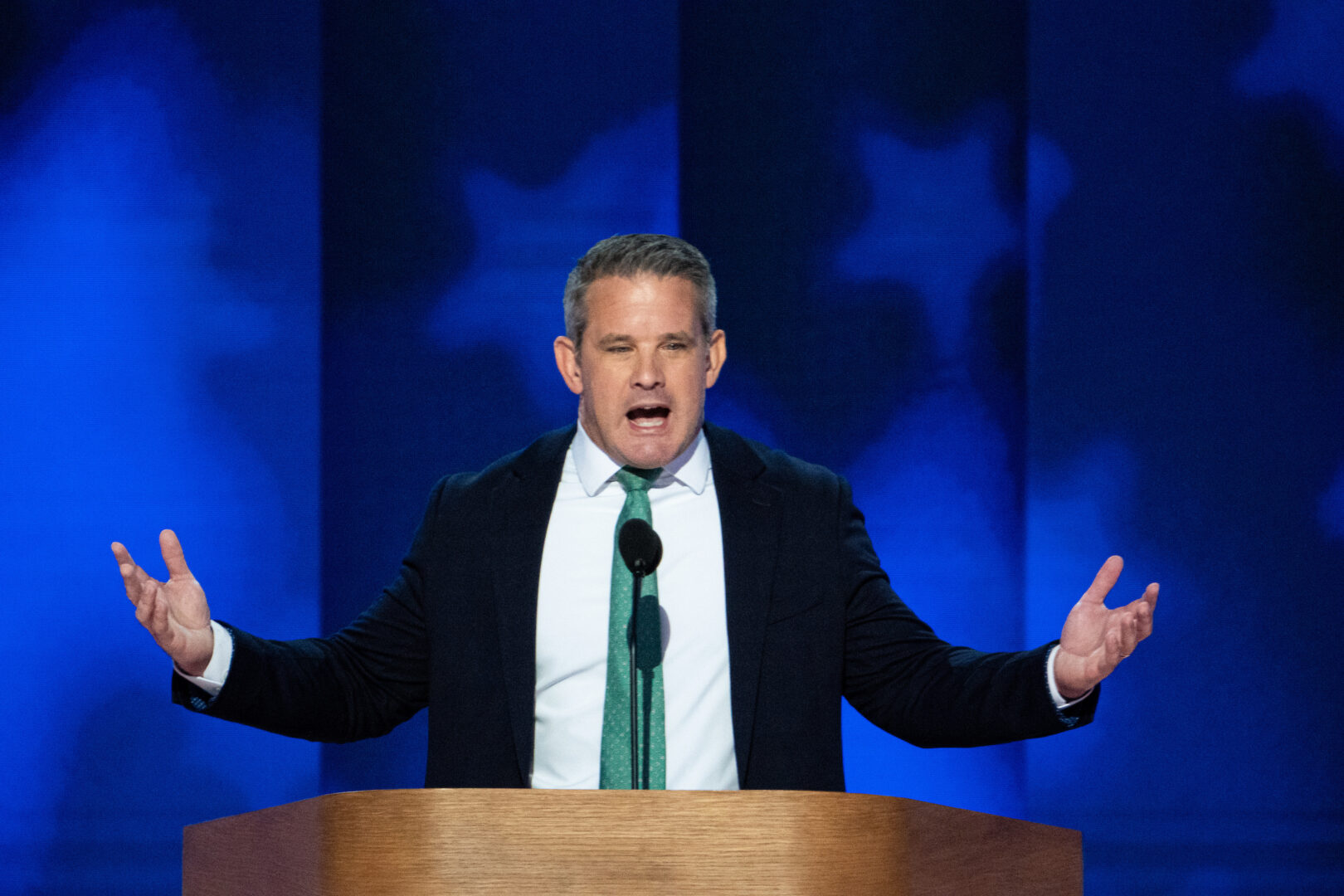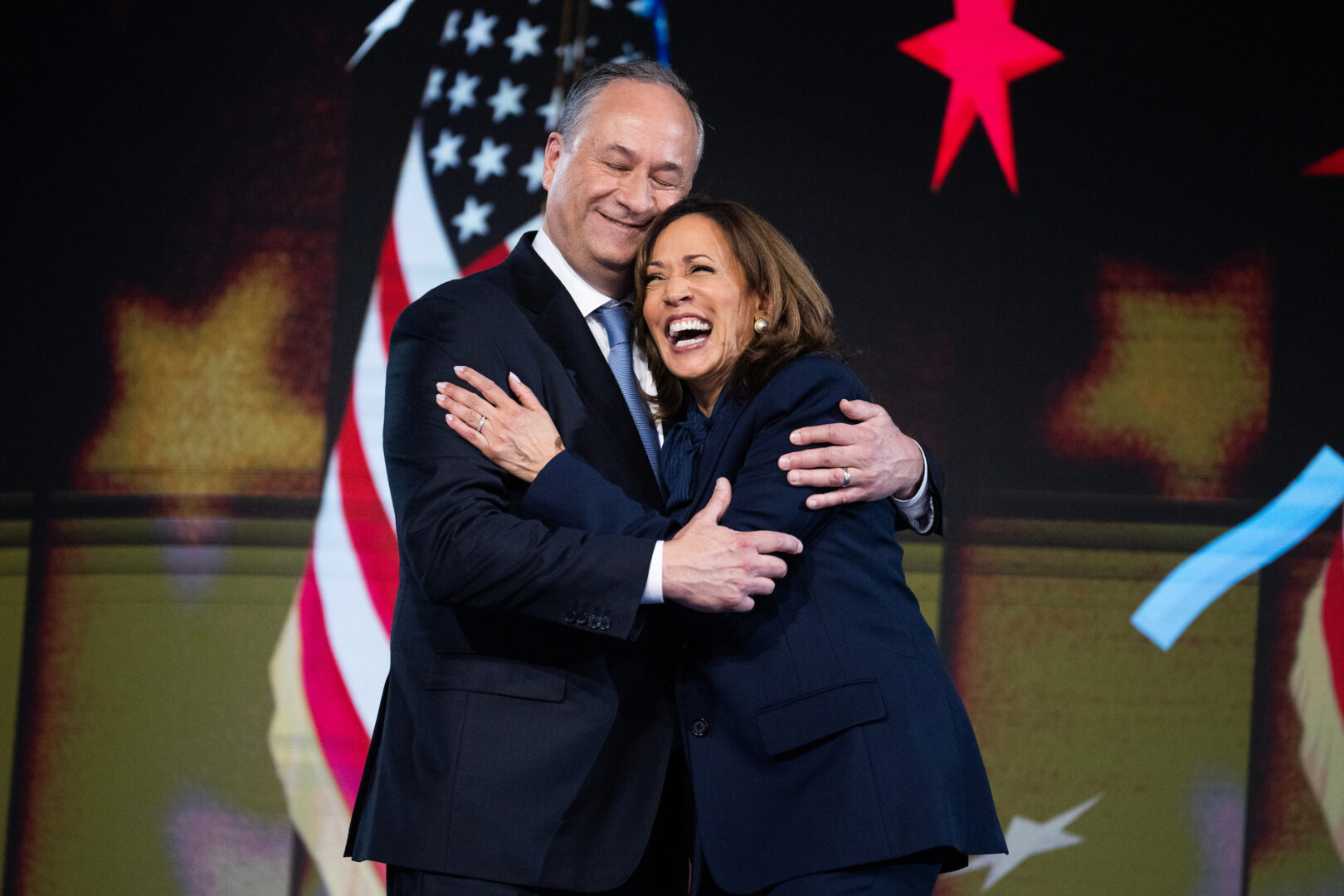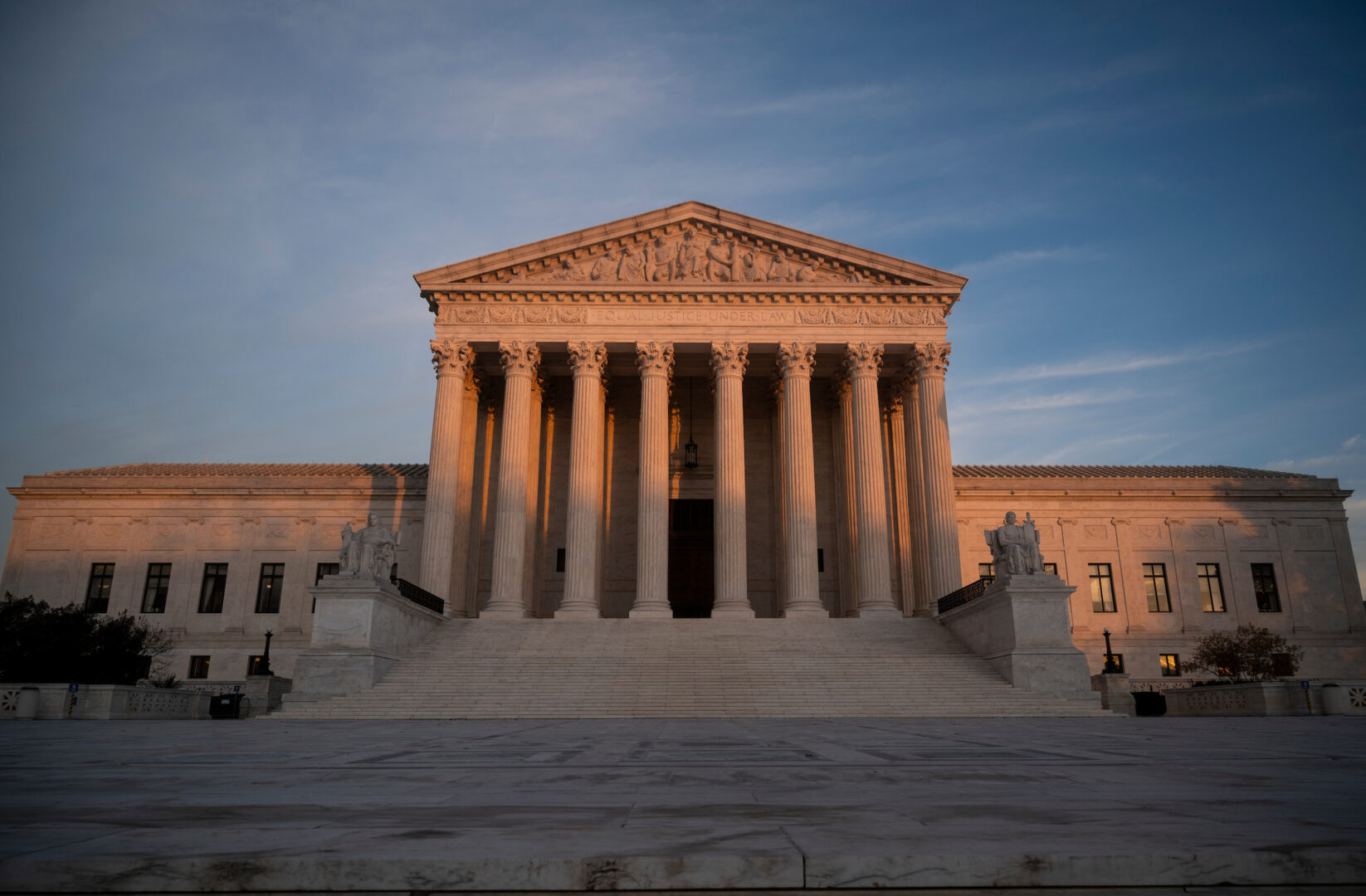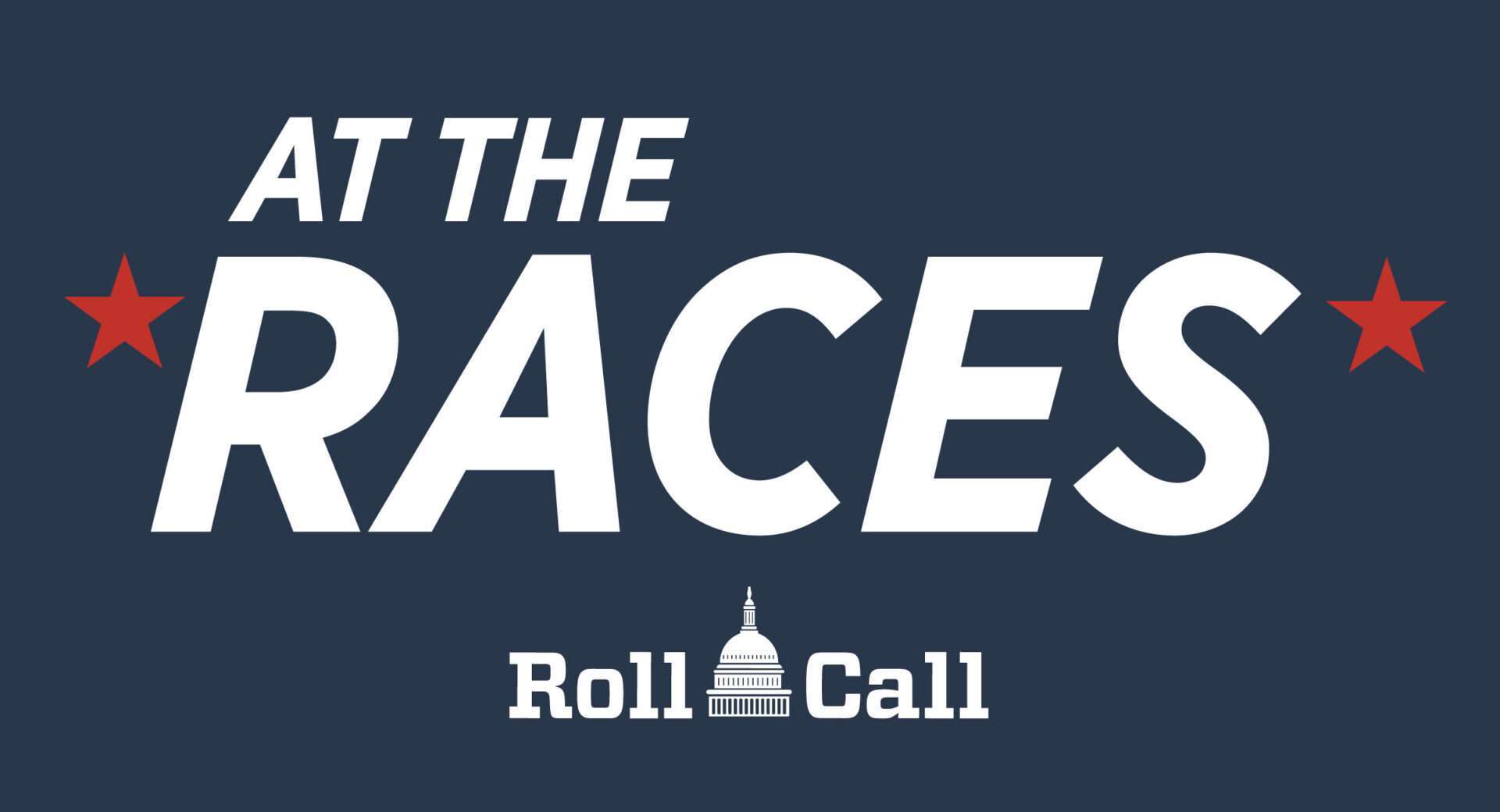Kamala Harris is trying to avoid the No. 1 issue: inflation
Economic concerns continue to drive this election, and that’s a problem for the vice president
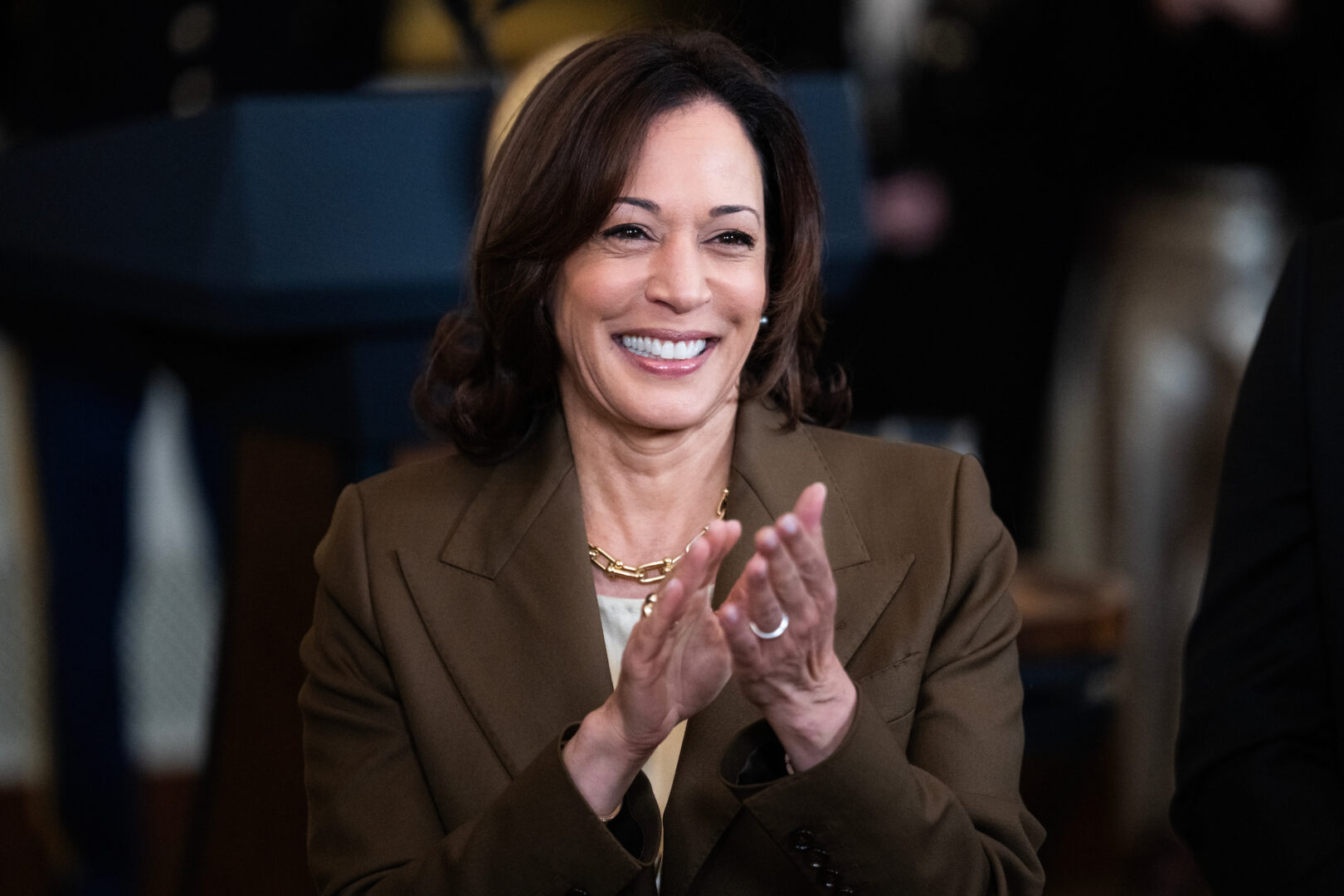
For many Americans, the summer of 2024 will be remembered as a time of chaos, with a president in decline suddenly abandoning his reelection campaign to his vice president, a former president narrowly escaping death as the target of assassination, and an increasingly dangerous world threatening the homeland.
However, there has been one constant amid the turmoil — inflation remains the overwhelming top concern of the country. The focus on economic issues continues to drive this election, which is a problem for Harris and should be a positive for Trump.
So it was interesting to read an AP story Saturday about Vice President Kamala Harris titled: “Harris freshens up her message on the economy.” In the piece, the reporter notes that “not once in speeches in Wisconsin, Indiana or Texas did she mention the word ‘inflation’ — the overwhelming economic challenge that has dogged Biden’s administration and forced him in remarks to consistently acknowledge voters’ pain as they cope with higher grocery, gasoline, housing and auto expenses.”
But there’s a reason Harris doesn’t want to talk about inflation. People aren’t happy with the state of our economic “recovery.”
In the July 22–24 New York Times/Siena College survey, 25 percent of voters said economic conditions were excellent/good, while 75 percent thought they were only fair/bad. In the July 21–23 survey done by The Economist/YouGov, 27 percent of registered voters described the state of the economy as excellent/good, while 72 percent described it as fair/poor.
In that same survey, a majority (50 percent) said the economy was getting worse.
Digging deeper, The Economist/YouGov survey found 24 percent of registered voters identified inflation as the most important issue, with jobs and economy at 9 percent, for a total of 33 percent. Immigration was second at 14 percent. No other issue was in double digits. Inflation was even more important for independents, with 32 percent saying it was their most important issue.
In the most recent Winning the Issues survey (July 23–25), we saw similar results, with inflation at 23 percent and the economy second at 18 percent, for a total of 41 percent. Immigration was second at 14 percent. No other issue was in double digits.
The Winning the Issues survey also found 39 percent approved of how President Joe Biden was handling the economy, while 55 percent disapproved. But among independents, who were the key to his election in 2020, only 28 percent approved; 64 percent disapproved.
For the past three years, Biden has tried and failed to convince voters that “Bidenomics” is working for them. Now it’s Harris’ turn to defend the administration’s policies on inflation and the economy, issues that will be central to the electorate’s assessment of her candidacy.
But presidential candidate Harris enters the race with a significant challenge. As vice president, she cast a critical vote to break a tie in the Senate and allow the $1.9 trillion American Rescue Plan to move forward toward a final vote. Had it not been for her vote, the bill might never have gotten to Biden’s desk for his signature.
Biden and Harris still tout this legislation as one of the centerpieces of their record. But the public isn’t buying it for good reason. Every time people buy gas or groceries, they are reminded that it was this ill-conceived legislation that jump-started runaway inflation.
One month after the ARP was signed into law, inflation increased to 4.2 percent. This came after the U.S. economy had had inflation under 3 percent for 111 consecutive months.
Post-signing, inflation has been at or above 3 percent for 39 consecutive months.
In contrast, the $2.2 trillion CARES Act, passed in March 2020, had virtually no effect on inflation. Following the signing of that bill, there were 11 consecutive months of inflation under 2 percent. Biden was handed a 1.4 percent inflation rate. Fifteen months after the passage of the ARP, inflation hit 9.1 percent in June 2022, the highest it had been in over 40 years.
Since Biden was inaugurated, prices have overall gone up 20.1 percent. Only President Carter back in the 1970s saw this level of inflation at this point in his presidency. The last four presidents were under 10 percent. Under Biden-Harris, food prices are up 21.7 percent, electricity up 31.6 percent, and gas prices 48.7 percent.
Contrary to what the administration contends, weekly wages haven’t kept up with inflation, increasing by only 14.9 percent.
In the Winning the Issues survey, when voters were asked which party they had more confidence in to handle the economy and inflation, they said Republicans by a 49–39 percent margin (economy) and by a 49–38 percent margin (inflation).
One of the most difficult things for any political candidate to do is to convince voters that the top issue they are concerned about is not really the most important issue. Harris’ strategy so far seems to be to avoid the top issue — inflation — and instead elevate other issues to supplant inflation, from ending child poverty and lowering drug costs to stronger unions, paid family leave, gun control and abortion access.
But making a case for an agenda that doesn’t reflect voters’ top concerns is made much more difficult when a majority of voters don’t view you favorably. Harris’ RealClearPolitics average is 43 percent favorable and 50 percent unfavorable. While she has gained some favorability in the past two weeks, that is more a reflection of voter relief at the departure of Biden than anything else.
She will likely pick up points leading up to and through the Democratic convention, as the Harris team and much of the media try to reinvent her persona and her past issue positions. But her record and progressive views on nearly every issue make that reinvention a tall order.
While she has taken a variety of far left positions, it was her crucial vote that enabled the American Rescue Plan to become law. That triggered a historic inflation that is now the most important issue to Americans. It was a direct result of her action as vice president.
Trump’s strategy ought to be twofold. Stop the name-calling and personal attacks. It’s not working and damaging his own favorability and the ballot test as well. Instead, focus on making the No. 1 issue, the No. 1 issue.
David Winston is the president of The Winston Group and a longtime adviser to congressional Republicans. He previously served as the director of planning for Speaker Newt Gingrich. He advises Fortune 100 companies, foundations and nonprofit organizations on strategic planning and public policy issues, as well as serving as an election analyst for CBS News.
